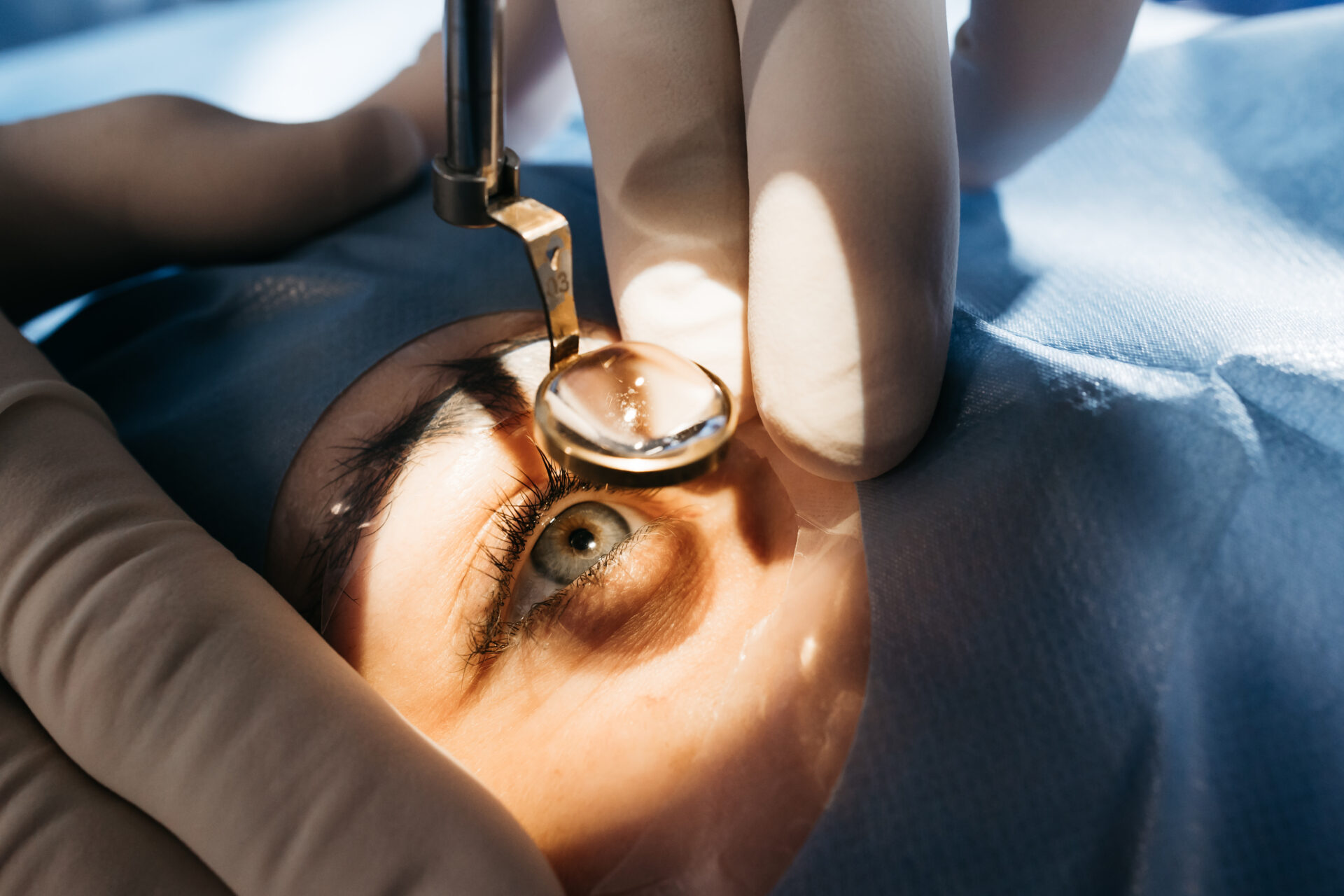Optometrists, ophthalmologists, and opticians all play distinct yet complementary roles in eye care. Optometrists provide primary vision care, prescribe glasses or contacts, and manage common eye conditions. Ophthalmologists are medical doctors who diagnose and treat all types of eye diseases, including performing surgeries. Opticians specialize in designing, fitting, and adjusting eyeglasses and contacts based on prescriptions from optometrists or ophthalmologists. Understanding the differences between these eye care professionals helps you choose the right provider for your specific vision and eye health needs, ensuring comprehensive and effective eye care.
When you’re seeking care for your vision, you’re going to hear of three key titles: optometrist, ophthalmologist, and optician. While these professionals all deal with eye care, each differs significantly from the others in education, skills, responsibilities, and the types of eye care they provide. By understanding the differences between optometrists, ophthalmologists, and opticians, you can make a better decision when choosing the right professional for your specific vision and eye health needs.
Let’s take a look at each role:
What Is an Optometrist?

An optometrist (OD) is an eye care professional who provides primary vision care, from testing and correcting vision to diagnosing and managing vision changes. Optometrists have earned a Doctor of Optometry degree, usually after four years of postgraduate education.
How Does an Optometrist Help Patients?
Optometrists help patients by:
- Conducting comprehensive eye exams.
- Prescribing eyeglasses or contact lenses.
- Diagnosing common eye conditions like nearsightedness, farsightedness, astigmatism, and presbyopia.
- Detecting and managing eye diseases like glaucoma, cataracts, macular degeneration, and diabetic retinopathy.
- Prescribing certain medications for eye-related issues.
What Is an Ophthalmologist?

An ophthalmologist (MD or DO) is a medical doctor specializing in eye and vision care. They have completed medical school, followed by residency training in ophthalmology. Ophthalmologists offer comprehensive eye care, from routine exams to complex surgical procedures.
How Does an Ophthalmologist Help Patients?
Ophthalmologists help patients by:
- Diagnosing and treating all eye diseases, from glaucoma and macular degeneration to even more complex and rare conditions.
- Performing eye surgery, such as cataract removal, LASIK vision correction, retinal repair, and glaucoma surgery.
- Managing chronic eye conditions and providing advanced treatment options.
- Conducting in-depth eye exams and prescribing glasses or contact lenses when necessary.
- Providing specialized treatments like injections, laser therapies, and surgical interventions.
What Is an Optician?

An optician is a professional technician trained to design, verify, and fit eyeglass lenses, frames, and contact lenses. Opticians do not diagnose or treat eye diseases but work closely with optometrists and ophthalmologists to ensure patients receive accurate vision correction.
How Does an Optician Help Patients?
Opticians help patients by:
- Filling prescriptions provided by optometrists or ophthalmologists.
- Helping patients select eyeglass frames and lenses based on comfort, style, and visual needs.
- Adjusting and repairing eyeglasses.
- Educating patients on the proper use, care, and maintenance of glasses or contacts.
- Assisting with the ordering and fitting of contact lenses.
What Are the Key Differences Between an Optometrist, Ophthalmologist, and Optician?
Here’s a quick comparison of the three to highlight their primary differences:
- Optometrist: A provider who delivers primary eye care, routine exams, vision testing, prescribes corrective lenses, and manages common eye diseases (non-surgical).
- Ophthalmologist: A medical doctor who diagnoses and treats eye conditions, performs eye surgeries, and provides comprehensive and specialized eye care.
- Optician: A technician specializing in fitting and adjusting glasses and contacts based on the prescriptions you receive from your optometrist or ophthalmologist.
Which Eye Care Professional Is Right for Me?
If you need to decide between care from an optometrist or ophthalmologist or seek assistance from an optician, consider the following points to ensure that you’re pursuing the right care.
Choose an optometrist if you need:
- Routine eye exams
- Glasses or contact lens prescriptions
- Management of common eye conditions
Choose an ophthalmologist if you need:
- Comprehensive medical or surgical eye care
- Treatment or management for a complex or serious eye condition
- Specialized treatments or surgery
Choose an optician if you:
- Already have a prescription and need assistance selecting, fitting, or repairing glasses or contact lenses.
Comprehensive Eye Care: Teamwork Matters
In the eye care system, optometrists, ophthalmologists, and opticians collaborate closely to ensure patients like you receive comprehensive eye care tailored to their unique needs. Regular eye exams, timely referrals, and professional cooperation lead to optimal vision health and quality of life.
At Vision Eye Group, our optometrists, ophthalmologists, and opticians work closely and diligently with each other to ensure you receive the best eye care possible.
Our optometrists, ophthalmologists, and opticians are all committed to bringing you the eye care solutions you need to maintain healthy eyes and benefit from corrected vision. Whether you need a new prescription to correct a refractive error or you need dedicated treatment and management for a complex ocular issue, you can trust our eye care professionals to work together for the good of your eye health and vision.
Schedule an eye exam with Vision Eye Group today: 478-744-1710
Vision Eye Group serves patients throughout Middle Georgia with offices in Macon, GA, and Warner Robins, GA.
Recent Articles
